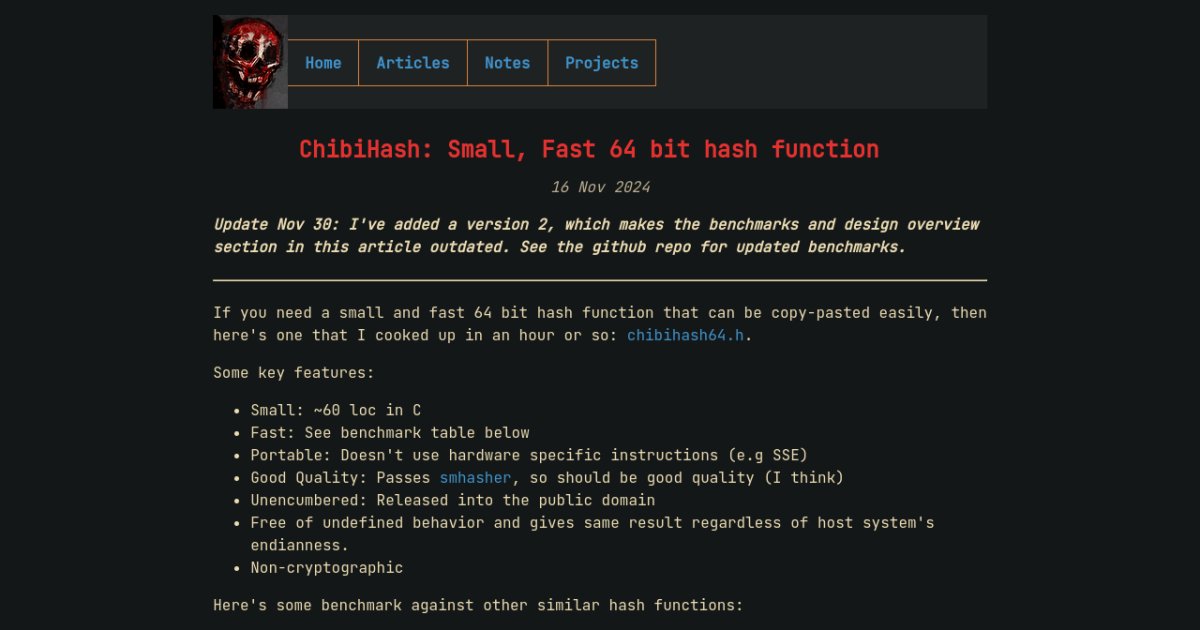
Working through things on other OSs
We just shipped CoreCLR 1.0. That was a significant milestone for us – now we officially run on non Windows OSs and that’s very exciting. Folks who told me that they really missed using C# or wanted to use C# but couldn’t because they were not using Windows can now do so. Yay!
For GC it would seem like there shouldn’t’ve been much work to get it to run on non Windows because if you look at the GC code, it looks pretty portable – we don’t use any fancy language features in GC (I like this aspect a lot and will keep it that way); there’s a bunch of arithmetic operations on simple types, some locks (mostly implemented with low level stuff like Interlocked operations) and there’re a few OS calls (we have to goto the OS at some point). It turned out the last category actually created quite a bit of work for us which is what this blog entry is about.
GC uses a feature from the Windows VMM called the write watch. You can allocate pages with write watch specified (VirtualAlloc and specify MEM_WRITE_WATCH) and when modifications are made to those pages you can call an API to get back the addresses of the ones that have been modified. We use this to track modifications made to the pages for the GC heap while a background GC is in progress. We’ve used this feature since V1.0 and have hit 2 functional bugs in the 20+ years (it’s completely rare that we encounter bugs in the OS). I’ve needed to do things in the GC to compensate for its perf restrictions but that wasn’t too difficult.




















